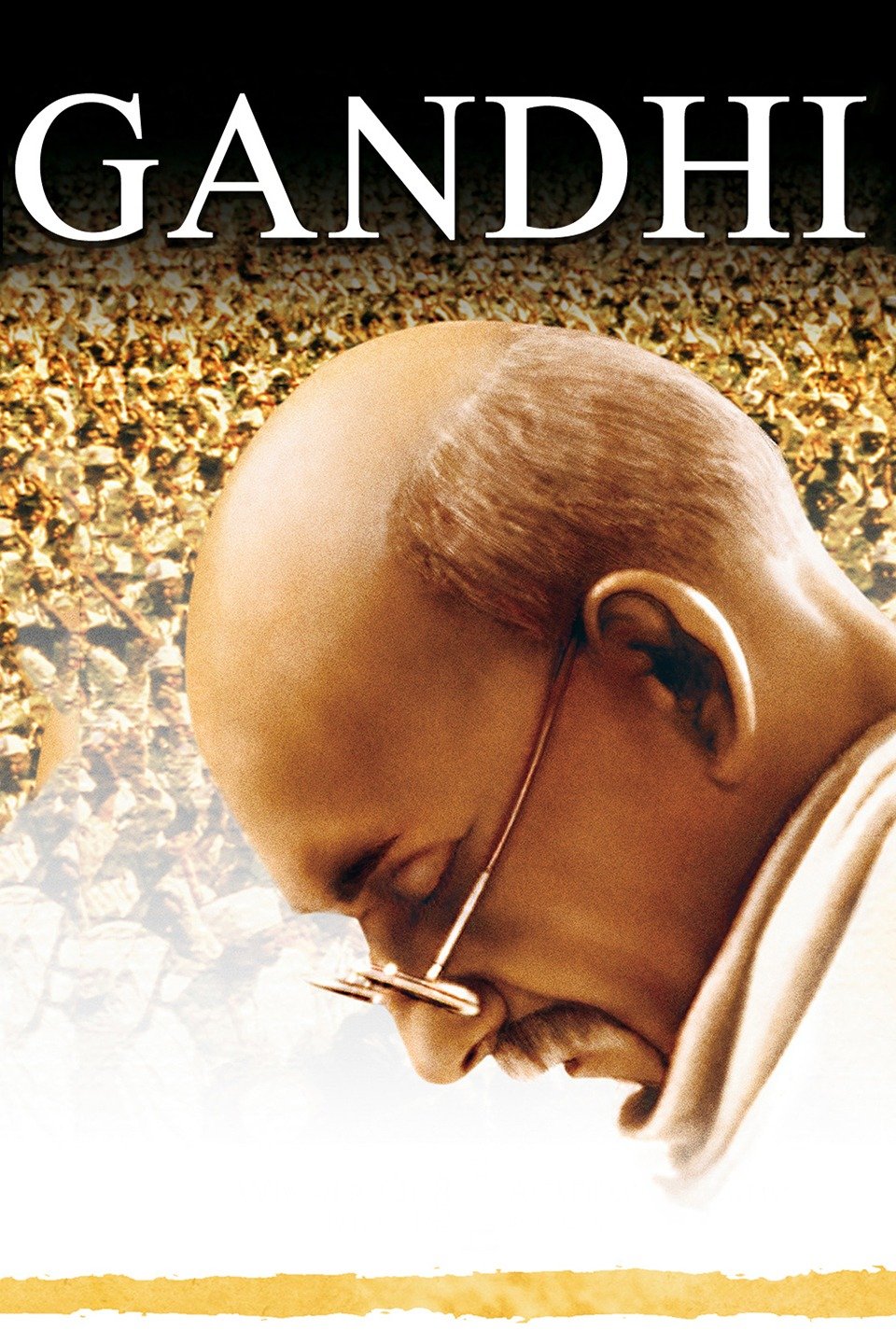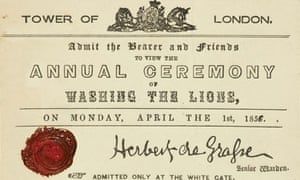Literature Circle PACKETS
Individual requirements:
- 3 journal entries. 1 for each literature circle meeting. Due at beginning of each meeting.
- Role sheets completed BEFORE the literature circle meeting. Print off and fill out for meeting.
- Reflection paper
- Group report due at the end of each literature circle meeting.
- Preparedness and participation during literature circle meetings.
- Final group project.
Due dates:
- May 3rd: Group roles reported on Schoology.
- May 7th/8th: Literature Circle Meeting #1. Journal and individual role sheet due.
- May 14th/15th: Literature Circle Meeting #2. Journal and individual role sheet due.
- May 21st: Literature Circle Meeting #3: Journal and individual role sheet due.
- May 24th: Individual reflection paper due
- May 28th-31st: Group projects
2. EOC Writing Preparation.
Review the following documents:
EOC Writer’s Checklist
- My essay has an effective beginning, middle and end.
- My essay flows smoothly from one idea to another.
- My essay contains a strong controlling idea that stays on topic.
- My essay includes specific and relevant details, reasons and/or examples.
- My essay uses precise and vivid language.
- My essay contains sentences that are clear and varied in structure.
- My essay includes correct grammar, usage, punctuation, capitalization and spelling.
- My essay effectively blends at least two genres of writing (choose from narrative, argumentative and/or expository).
- My essay integrates material from both sources.
________________________________________________________________
EOC Reminders:
1. Charge your Chromebook. Seriously.
2. Bring earbuds for test day #1 (Wednesday/Thursday)
3. For test day #1- review reading test strategies and literary terms/grammar Quizlets.
4. For test day #2- review blended writing handout, paper outline, and writing Quizlets.
5. 4th/5th hours- Eating last lunch shift. Bring a snack.
6. 6th/7th hours- Give your 4th/5th hour teachers the lunch shift/dismissal pass. COME TO your English class last lunch shift.
7. Get some sleep the next few nights.




